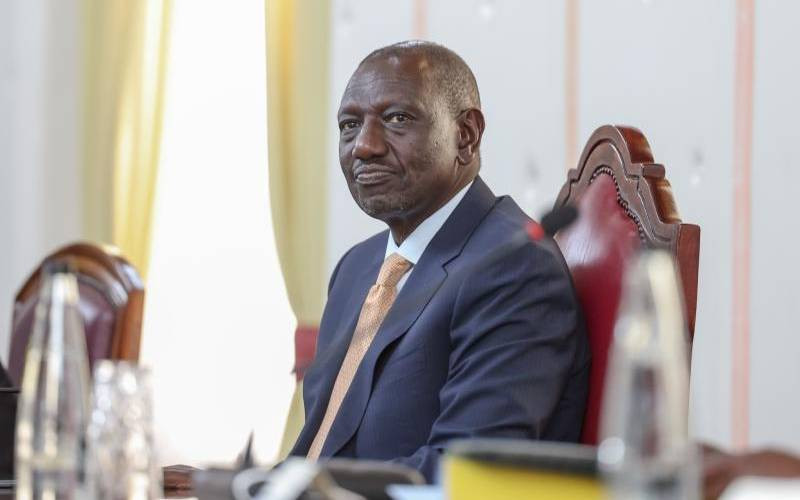A new study by InfoTrak shows that 63% of Kenyans believe the country is heading in the wrong direction, with only 19% disagreeing.
Nairobi has the highest number of dissatisfaction, followed by the Eastern region and Nyanza.
The Rift Valley region has the majority of people believing the country is heading in the right direction.
“Over the past year, Kenyans have consistently expressed growing dissatisfaction with the country’s trajectory. In our previous polls, conducted in February 2023 and 2023, the percentage of respondents who believed the country was heading in the wrong direction stood at 62 per cent and 53 per cent respectively,” Info Track Research Manager Johvine Wanyingo said.
On the contrary, the 19 per cent that affirmed that the country is headed in the right direction, said that the economy is improving as well as the prevailing peace throughout the country.
Of those who said that the economy is doing well 31 per cent, 16 per cent felt that the cost of living is affordable while 11 per cent expressed their satisfaction since Kenyans are living in harmony.
Interestingly 3 per cent of Kenyans believe that the country is headed in the right direction because President William Ruto is a God-fearing man while a similar number supported the sentiment because their candidate of choice is in power and healthcare has improved.
Additionally, of those who said that the country is headed in the wrong direction, 7 per cent cited poor governance, 6 per cent pointed at unemployment, 3 per cent cited poverty while 2 per cent said it is because
of bad politics.
Info Track reported that the Nyanza region with 60 per cent stood out with the highest rating in terms of Kenyans who identified the cost of living as a key concern.
“Other regions, including the coast, North Eastern, Nairobi, Central, Rift Valley, Western, and Eastern, scored below average in terms of the cost of living. This regional variation underscores the need for targeted policies,” Wanyingo explained.
He went on:
“In terms of gender, most of the males (50 per cent) mentioned the cost of living as a key issue of concern, and similarly, youth between the ages (of 18- 26) 50 per cent also mentioned the cost of living. Female adults (47%) mentioned the cost of living.”
According to the survey, 32 per cent of male adults identified unemployment as a key concern, while the female gender at 29 per cent also indicated unemployment as a significant issue.
The opinion pollster noted that this disparity in the impact of unemployment on different genders highlights the need for gender-specific interventions.
Meanwhile, on awareness of the Finance Bill 2024, five in every 10 Kenyans are conversant with the proposed legislation, with 46 per cent not being aware of it.
The level of awareness is high in the central region with 62 per cent compared to Eastern regions at 41per cent marking the lowest level of awareness of the Bill.
The male gender at 59 per cent is more aware of the Bill compared to 41 per cent of the female gender. Further, adults aged 46 to 55, who are often more engaged in financial matters, were noted to be the most aware of the Finance Bill, rated at 60 per cent.







































